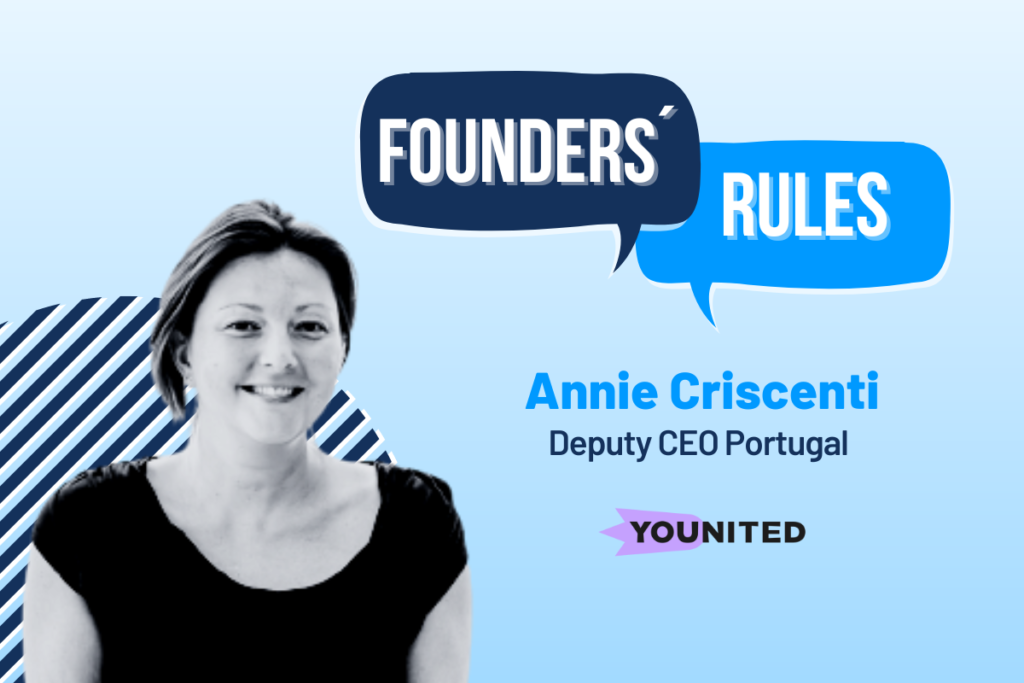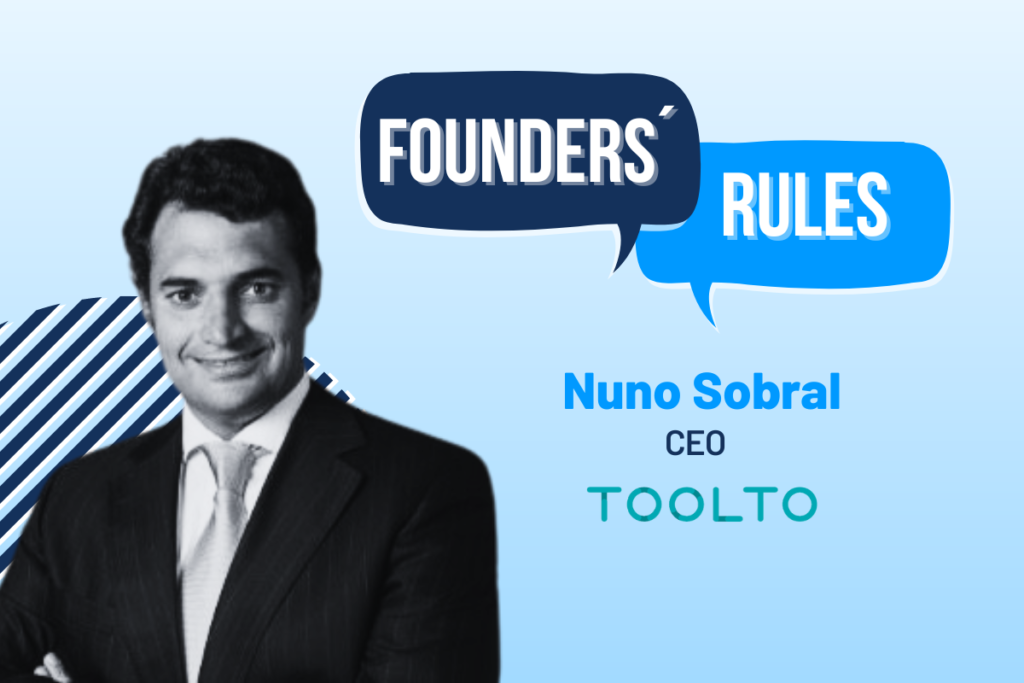[FH]: Can you elucidate on the concept of Paycritical and its contribution to the fintech sector?
[HH]: The idea behind Paycritical is to create a new standard or system that lets any company set up complex transactions, something usually only banks handle. In the past, if a business, big or small, wanted to manage financial transactions, they’d go to a bank. Banks have been the go-to for transactional processes we’re familiar with. However, we believe this approach isn’t always practical or flexible, and it can be costly. Our goal is to change that. We want any company, by using an API-centric approach, to be able to create cards, set up digital wallets, and benefit from a shared acceptance network.
[FH]: How has your career journey prepared you for the challenges and successes at Paycritical?
[HH]: It’s a compelling question, one I find myself reflecting on frequently. My journey has been anything but conventional. I didn’t complete a traditional degree, and by the age of 20, I was already immersed in the banking sector. I’ve gained insights not only from demanding professional scenarios but also from a wide array of social realities. As I look back, I’m reminded that what was most challenging at the time, what seemed almost unbearable or arduous, ended up being the cornerstone of the mindset I embrace today. I’m inclined to believe that being an entrepreneur isn’t solely a product of academic and professional experiences. It’s a more intricate, multifaceted process rooted in personality traits that must be present. We all conceive ideas and aspire to accomplish things, but only a few are willing to pay the price.
[FH]: Can you recall a particular obstacle during Paycritical’s inception and how it shaped your growth strategy?
[HH]: There have been numerous challenges, with the most significant hurdles arising when we lose individuals. Every startup or business must be primed for such occurrences. It begins early and remains a constant. It’s an enduring process, and it’s seldom that we find individuals who have journeyed with us from the outset. I’ve come to embrace this as part of the process and acknowledge the necessity for strategies that enable me to minimize the repercussions of such events.
[FH]: Paycritical’s significant contribution to the World Youth Day, managing the meal delivery system for pilgrims, led to an astounding 2.5 million transactions in just a week. How did this unique experience shape Paycritical’s strategies or innovations for managing high-volume transactions in the future?
[HH]: We’ve learned a lot, and it’s incredible how much we can learn in such a short time. From a technical perspective, it’s given us insights into what’s feasible and what’s not. Above all, when dealing with a significant user base, we’ve realized the value of keeping things simple and easy to understand. It’s crucial: if the user experience isn’t straightforward and if we don’t have flexible systems to make necessary changes, things won’t go well.
[FH]: How does Paycritical approach the challenge of helping companies navigate the complexities of multiple payment methods, and could you share a unique strategy or tool that has been particularly effective for your clients?
[HH]: The diversity of payment methods presents an opportunity for us. Our system isn’t reliant on a single gateway. We’re currently connected to a multitude of different acquirers, which grants our clients the flexibility to offer payment methods that are relevant in specific regions. I can’t pinpoint a specific strategy that applies universally to our clients. We cater to a highly diverse customer base, and while their needs and challenges stem from common origins, their solutions often differ.
[FH]: How has the association with Fintech House amplified Paycritical’s reach and impact?
[HH]: It’s been remarkable, surpassing our initial expectations by far. We’re approached by numerous entities and individuals who come to us through the fintech house. That’s truly invaluable, isn’t it? The work the fintech house does is immensely challenging. We’re all engrossed in our respective pursuits, and maintaining the group dynamics and initiatives the fintech house orchestrates is no small feat. I’m genuinely thankful for our inclusion in this collective and look forward to the future with great optimism.
[FH]: What upcoming fintech trends do you believe will redefine the Portuguese market and how is Paycritical gearing up for these?
[HH]: QR codes haven’t yet reached the level of popularity that I believe they’re destined for. Asia has already demonstrated how far a QR code can take us, and here in Portugal, we’ve embarked on that journey with deGrazie. Initially conceived as a self-checkout solution in the dining sector, deGrazie has expanded to encompass order placement and has made inroads into other domains. It’s evolving to encompass functionalities that offer us a glimpse of what the future holds.






























